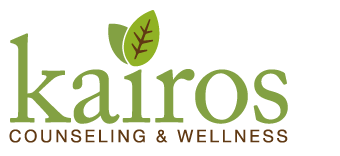cleaning up “toxic thoughts”
The great Greek philosopher Epictetus is credited with saying “it is not events that disturb us, but our interpretation of the event”. I love this quote, because it outlines a core concept of cognitive behavioral therapy. CBT is a modality of psychotherapy that I draw upon frequently in my practice because it powerfully guides us to identify the connection between what we think, how we feel in response to the thoughts we think, and what we can choose to do behaviorally in response to our thoughts and feelings.
Just as environmental toxins can harm us physically, toxic thought patterns have the power to wreak havoc on our mental/emotional health. So, what can we do? Physically, if I learn that a substance in my lotion is harmful, I can take action. I can remove that product from my shelf and find a cleaner option. Similarly, psychotherapy can be a life-changing process where a person is guided to identify the onset and impact of specific thought patterns in their lives, which helps get to the root of many “problems”/symptoms and identify a way forward toward the changes they may desire to make. We can feel and act differently, which can noticeably improve quality of life!
First, we start with awareness. We act like curious scientists, searching out the “toxic” thoughts that are negative, distorted, untrue, inaccurate, and have potential to powerfully and negatively impact how we view ourselves, the world, and our future.
Let’s say that I recognize some repeating thoughts in my mind are, “If I make mistakes I’ve failed, people will judge me harshly, and I need to be perfect”. In examining the impact, I may realize that these specific thoughts cause me to feel anxious and behaviorally I may keep a guard up in relationship with others. From this step I can work to question the validity of these thoughts and implement/practice new ways of thinking and behaving.
There is so much I could expound upon here. To simplify it to basics, it comes down to awareness, analysis, and choice.
- Awareness: what am I thinking? What thought popped into my mind when I noticed I was experiencing strong emotion?
- Analysis: once you have identified the thought, question it. Analyze it and evaluate it for truth. Identify distortions. What is the impact of this thinking on my feelings and behavior? What are the consequences?
- Choice: what do I choose to do now with this information? Do I want to keep this pattern? Work to purposefully replace thoughts? Develop truths/affirmations to think on purpose?
With practice and intention, we can change what we think, how we feel, and what we do. We can be transformed through the renewing of our minds.
Resources for further information:
National Association of Cognitive Behavioral Therapists: http://www.nacbt.org/
David Burns website: https://feelinggood.com/
